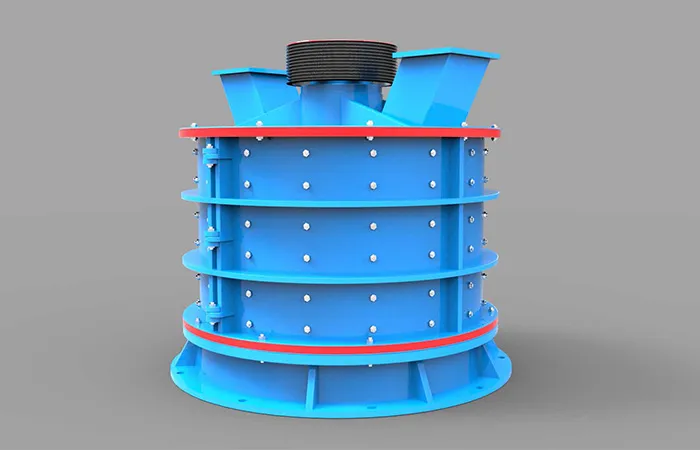Safe operating procedures for compound crushers are essential for minimizing hazards and ensuring efficient, trouble-free operation. Compound crushers combine impact and compression crushing for breaking down materials, so here’s a guide on safe practices:

Inspect for damage: Before starting, check for any visible damage or wear on the crusher, including the feed hopper, crushing chamber, belts, and motor.
Ensure proper lubrication: Check lubrication points and oil levels to ensure all moving parts have adequate lubrication to avoid overheating and wear.
Clear the area: Ensure no unauthorized personnel are near the crusher during operation, as moving parts can be hazardous.
Start in sequence: Begin by starting the ancillary equipment (conveyors, screens) before powering the crusher.
Observe for abnormalities: Listen for unusual noises or vibrations during startup. If you notice anything abnormal, stop the machine immediately for inspection.
Monitor feed size: Only feed materials within the crusher’s designed size limit to avoid blockages and damage.
Uniform feed rate: Feed materials steadily and uniformly to prevent blockages and overloading, which can cause strain on the crusher components.
Avoid foreign objects: Ensure no metal or uncrushable objects enter the crusher, as these can cause severe damage to the machinery.
Avoid overfeeding: Overloading the crusher can lead to jams, overheating, or mechanical failure, so maintain a balanced feed.
Regular monitoring: Check for abnormal sounds, vibrations, or excessive temperature changes in bearings and motors.
Adjust settings as needed: Some compound crushers allow adjustment of crushing speed or gap; make sure these settings are within the manufacturer’s recommendations.
...
For more detailed information on the safe operation procedures of compound crusher, please click to visit: https://www.zymining.com/en/a/news/safety-operating-procedures-for-compound-crusher.html